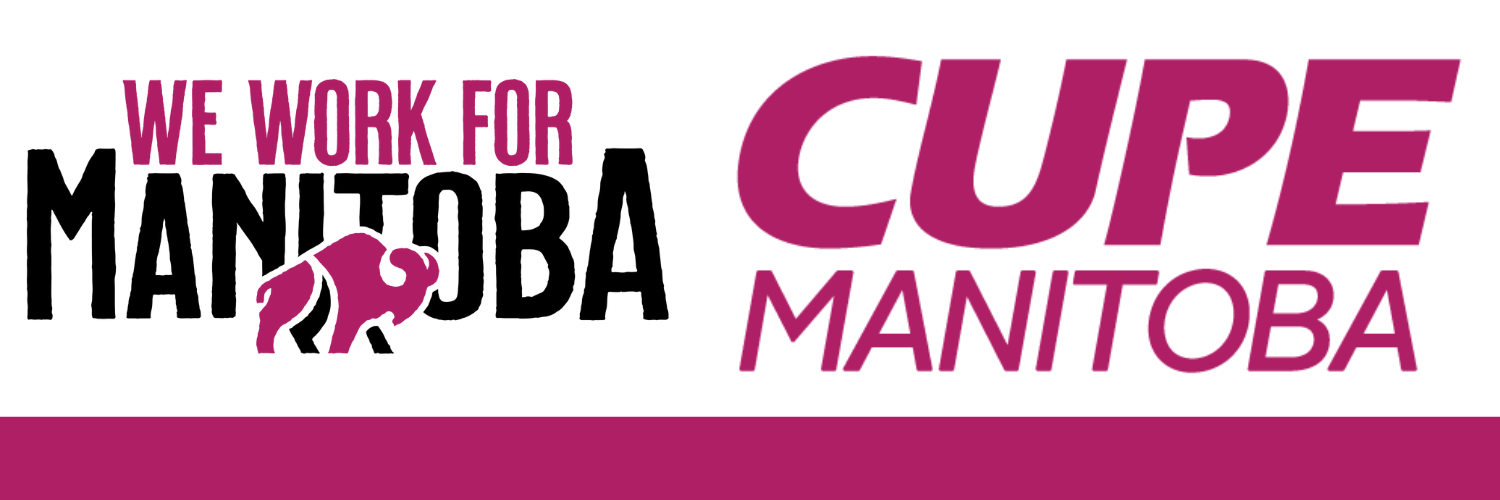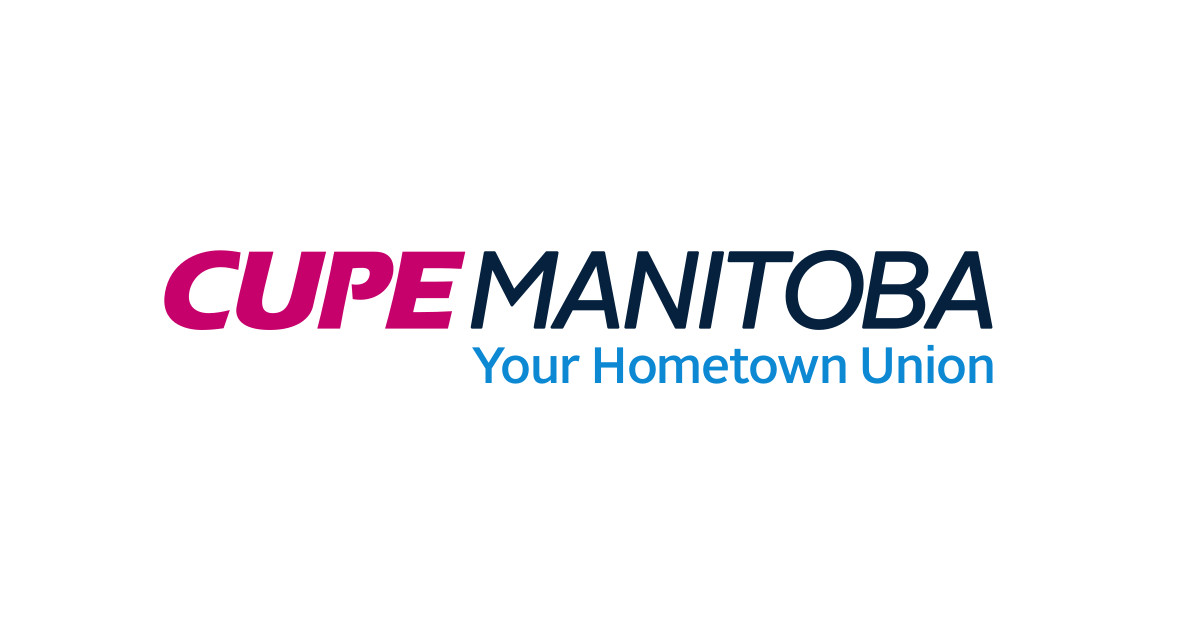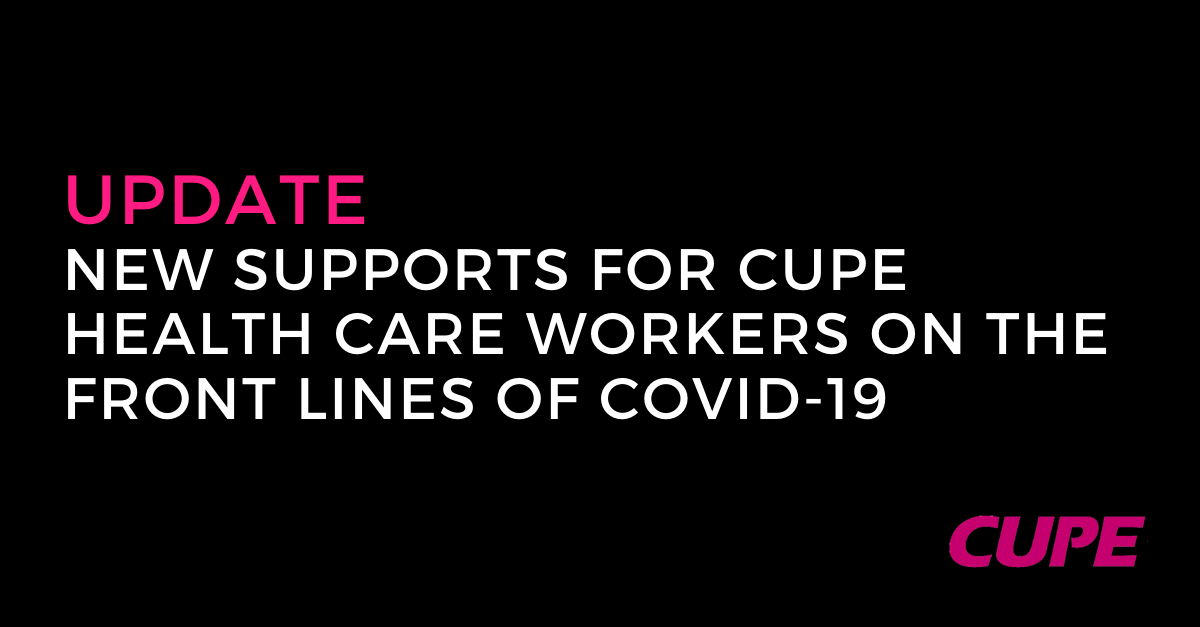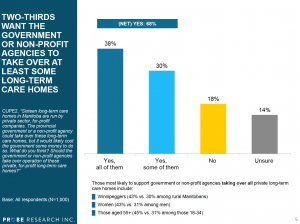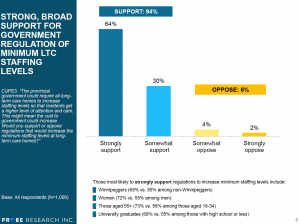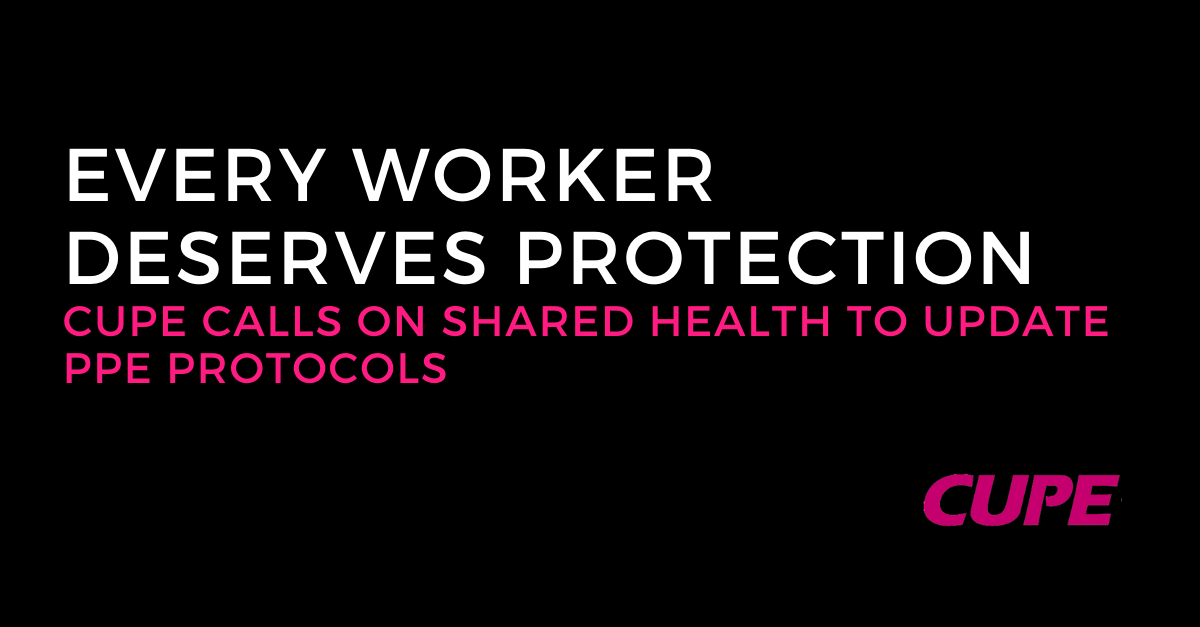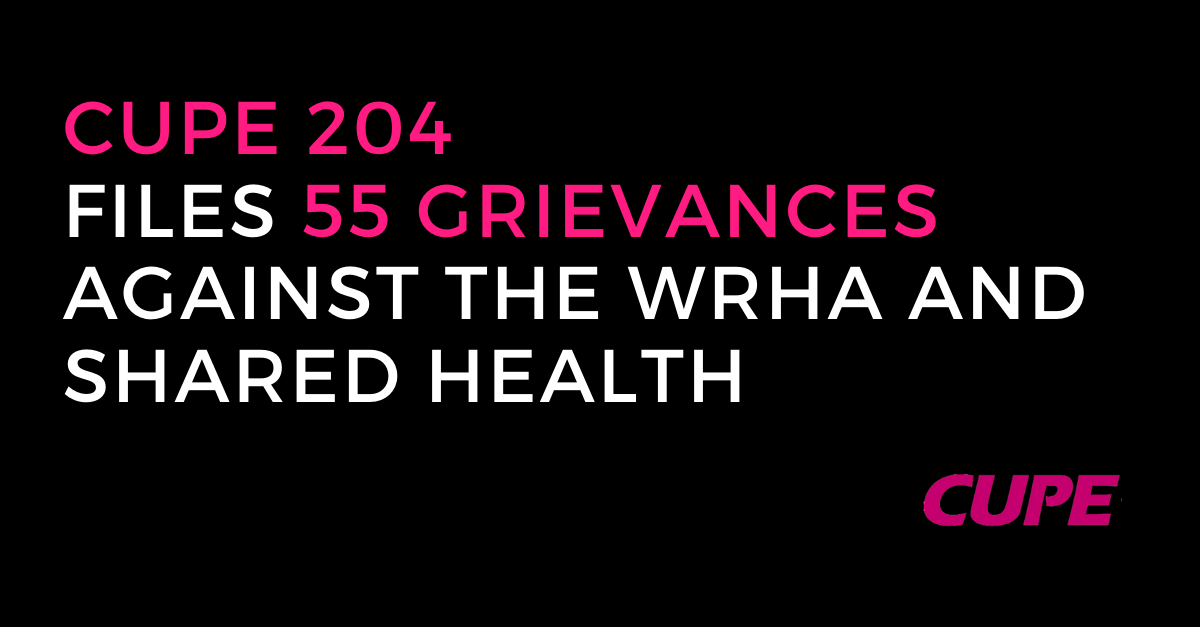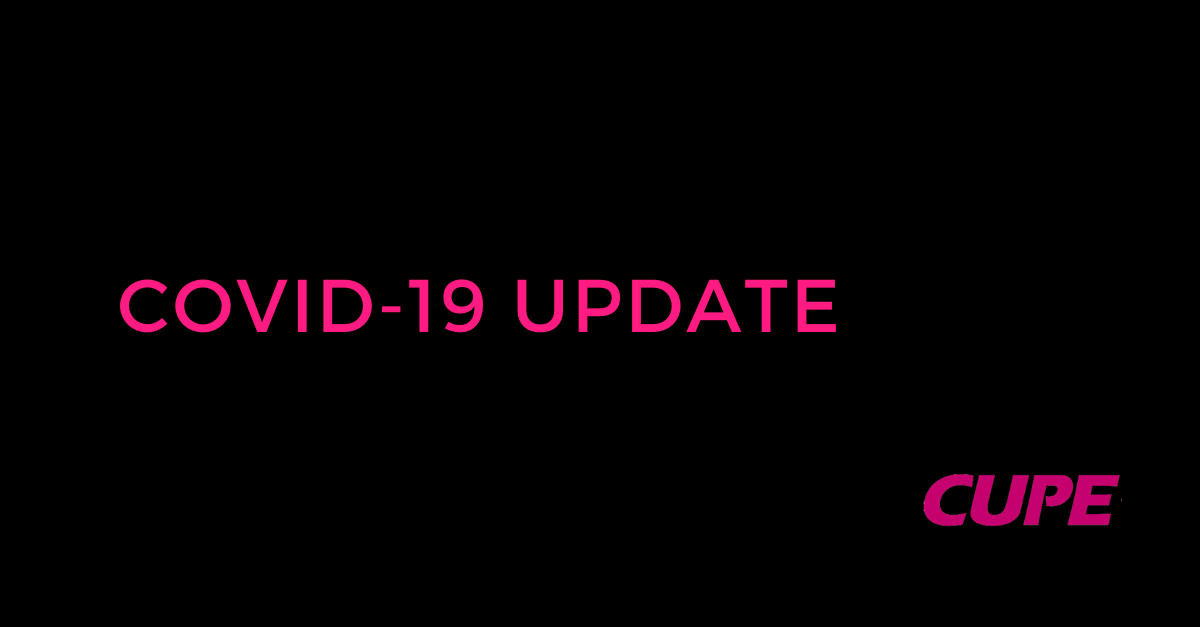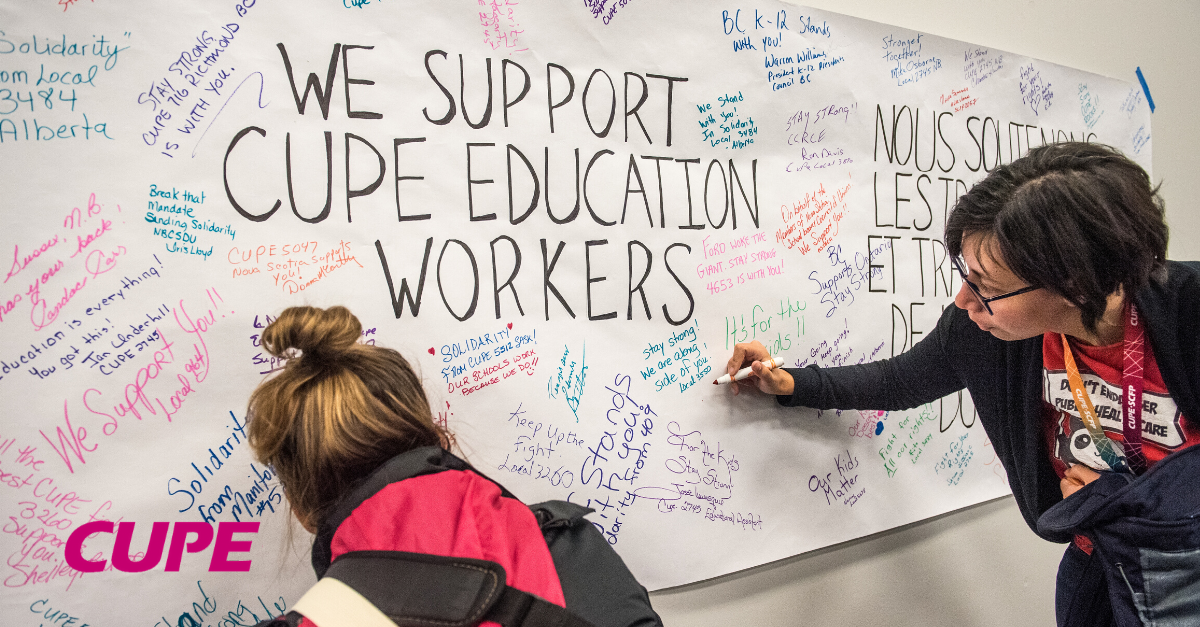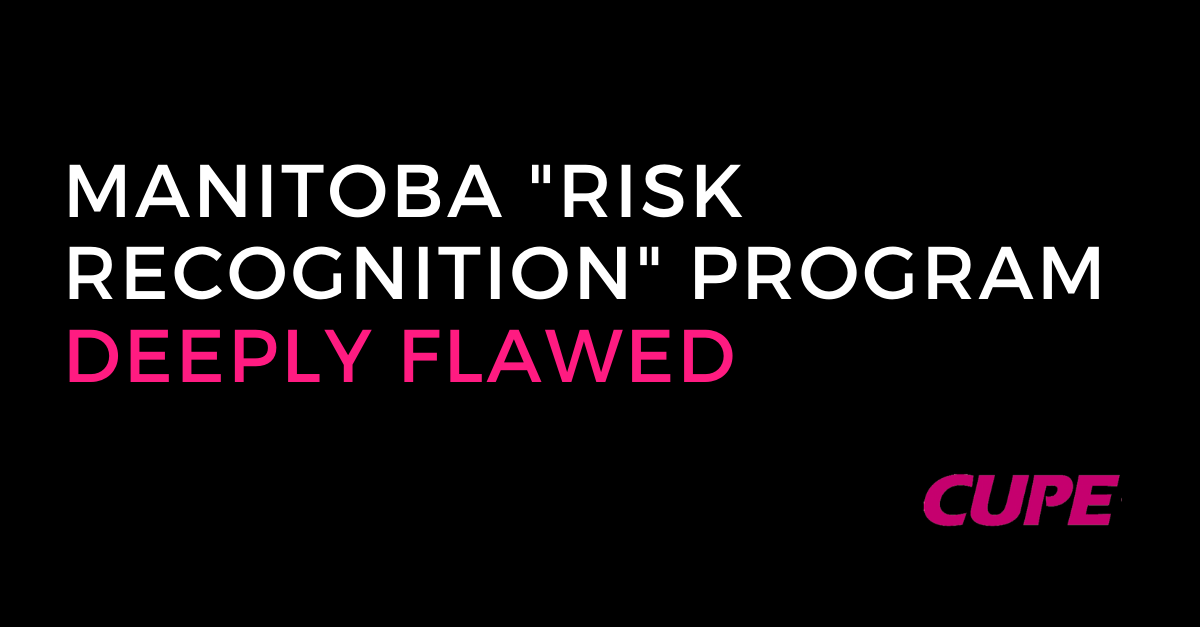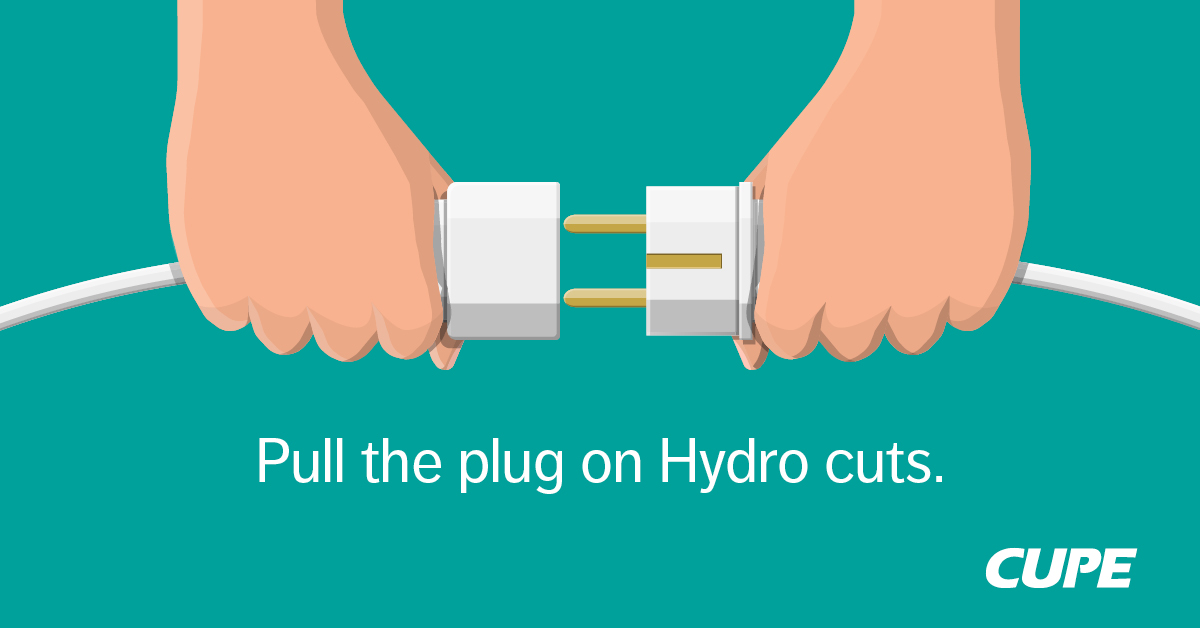Today the Pallister government announced a $120-million risk recognition program for Manitoba front-line workers. This program is 75% funded by the Federal government and 25% funded by the provincial government, and is intended to provide a one-time payment to recognize employees who are working during the COVID-19 pandemic in essential services.
However the program is limited to certain industries, and positions within those industries, and therefore excludes thousands of essential front-line workers who have been at the forefront of the fight against COVID-19.
The list of eligible industries and jobs can be found at https://manitoba.ca/covid19/infomanitobans/mrrp_eligible.html.
Further to the industry and position criteria, the program is limited to those workers whose total pre-tax employment income during March 20 to May 29 to be less than $6,250 ($2,500 per month for 2.5 months).
This means that many front-line workers in health care or emergency response will not receive the recognition.
For example, while the program technically includes positions like nurses, health care aides, and emergency services workers, in practice many of these workers will exceed the maximum income allowed for the program, despite being in high-risk positions throughout the pandemic.
Ironically, many part-time and low wage health care support workers will be disqualified from this program because they stepped up during the pandemic and took on additional shifts and overtime. Some may very well find themselves in a worse financial position than if they had not volunteered to work.
Additionally, some sectors, such as non-emergency municipal workers and education workers have been excluded, despite the fact that workers in these sectors are doing the same or similar work as workers in the private sector who are included in the program.
School sector workers such as custodians and cleaners have been working throughout COVID-19 to keep schools clear and safe for returning students in June – but government chose to exclude despite private-sector cleaners being included. Many Education Assistants have also been working throughout the pandemic, providing resources to families. They too are excluded.
CUPE raised these concerns throughout the stakeholder consultation program, and demanded that all front-line workers deserve to be included in the program. This program as it stands is simply unacceptable. When you leave out a group of workers, you send a strong message about their value. An insult to one is an insult to all.
While the Premier says this program was intended to “recognize risk”, in reality this program is being used to subsidize the very low wages that are all too common in Manitoba’s non-unionized private retail and grocery industry. While we at CUPE are 100% of the belief that these workers deserve better, we also believe that the Pallister government has missed an opportunity to recognize all Manitoba workers who have been on the front-lines of the pandemic.
CUPE is committed to continue working with other unions and the community at large to raise the minimum wage to a minimum $15/hour, paid sick leave, and improved employment standards, so that these deserving workers get what they rightfully deserve at all times, not just during a pandemic.
CUPE believes all workers deserve good wages, benefits, and supports, during COVID-19 and after the pandemic. A “risk recognition” program cannot and must not substitute fair wages, decent benefits, and safe work environements for workers. We call on the Pallister government to introduce a living wage as the minimum wage, paid sick leave for all workers during and after the pandemic, and to reverse changes he made which makes it harder for workers to join a union.
COVID-19 has taught our community the value of front-line health workers, municipal workers, school staff, crown services staff, community living workers, and more. We know Manitobans value all these workers. So why doesn’t Pallister?
If you do meet the criteria for the Manitoba “risk recognition” program, visit https://manitoba.ca/covid19/infomanitobans/mrrp.html beginning June 3 at noon.
